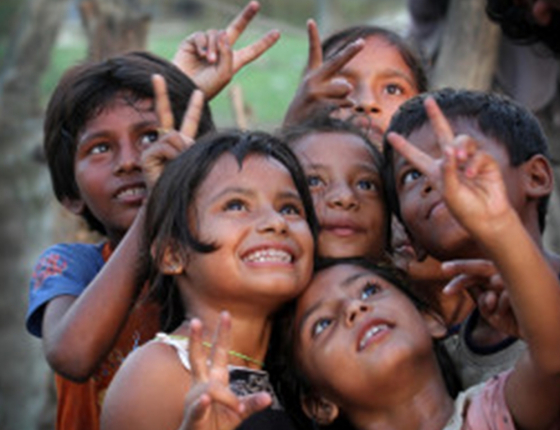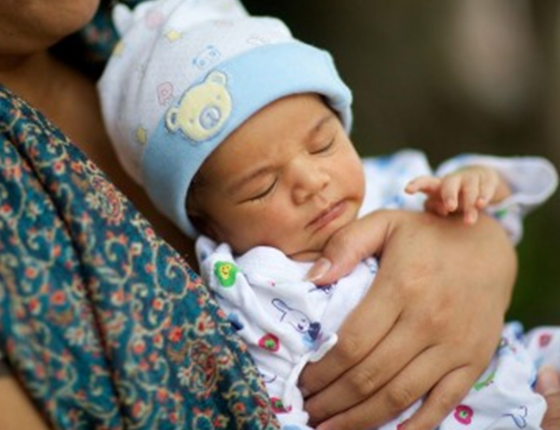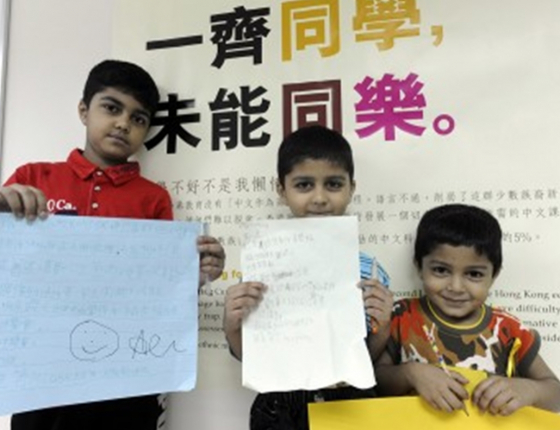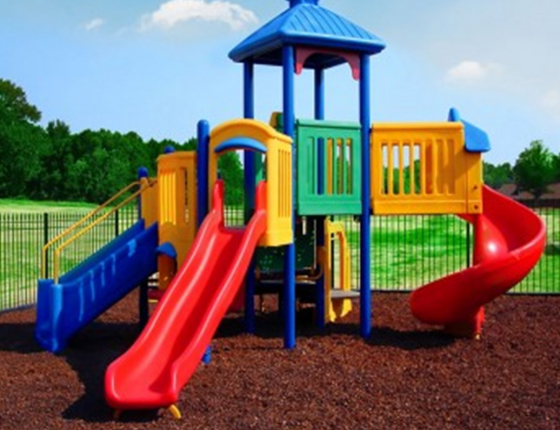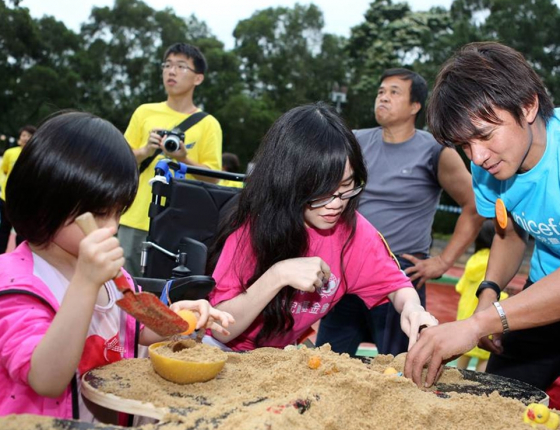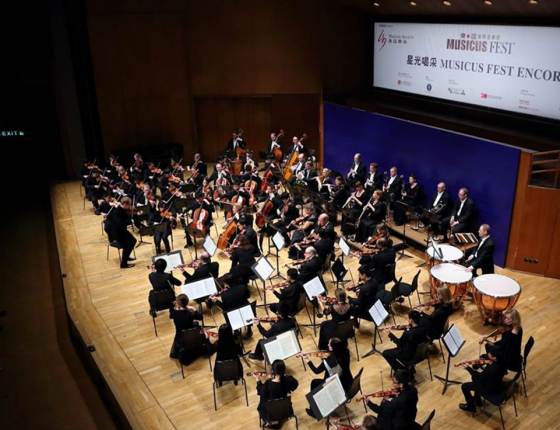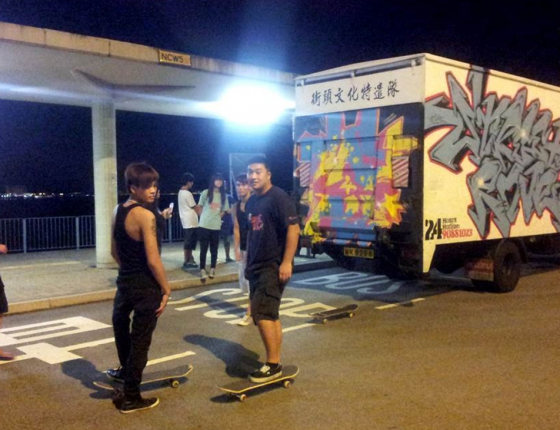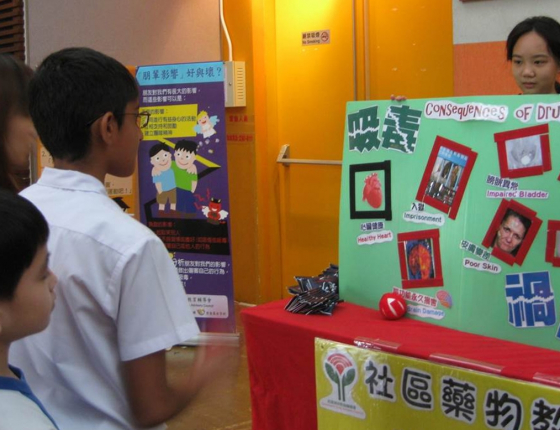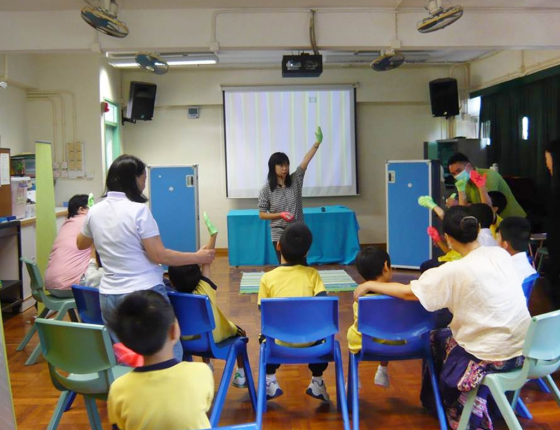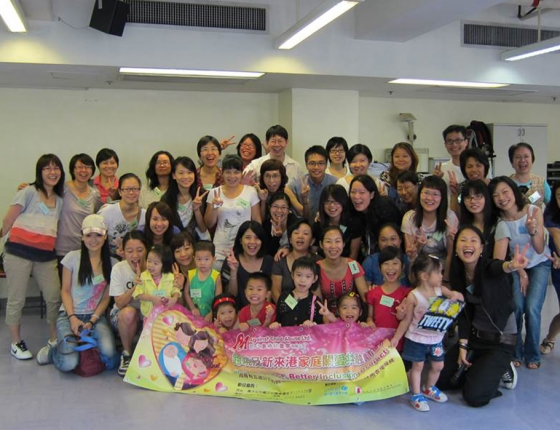Local Child Rights Projects
UNICEF HK launched ‘Unite for Children. Unite for Hong Kong.’ Child Rights Advocacy Project (the Project) in 2011 to support eligible Hong Kong NGOs or non-profit making organizations in implementing projects which help promote and realize children’s rights in Hong Kong. The Project received overwhelming response and has benefited tens of thousands of marginalized children and their families in the past years.
Key Contribution










